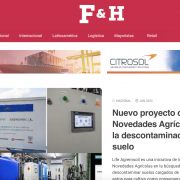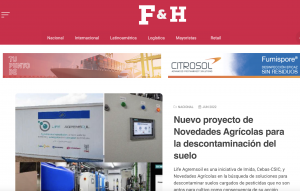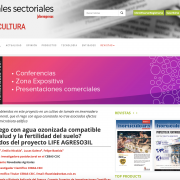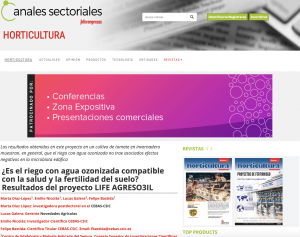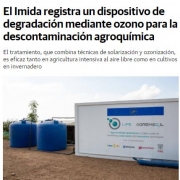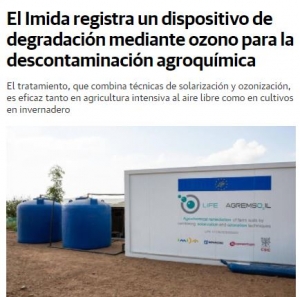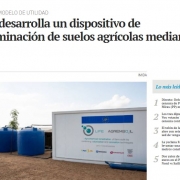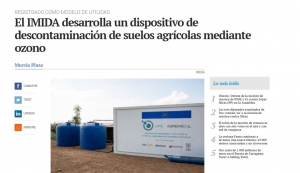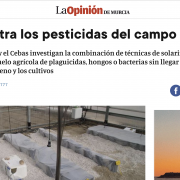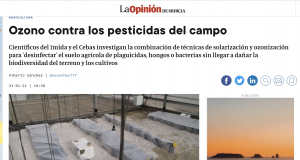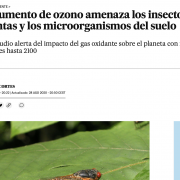Increased ozone threatens insects, plants and soil micro-organisms
Study warns of impact of oxidising gas on the planet with global models up to 2100
For Felipe Bastida, researcher at the Centro de Edafología y Biología Aplicada del Segura del Consejo Superior de Investigaciones Científicas (CEBAS-CSIC), the good thing about the study “is that it integrates all the knowledge that could be dispersed”. The work allows us to know what the global trends are and how terrestrial ecosystems will respond to ozone in the future, and to predict their responses. However, many things remain to be resolved, including what happens in the soil. “There is no consensus on how ozone influences the level of soil biodiversity. It is responsible for the soil being fertile and for humans being able to eat. Soil is very complex and needs to be studied at different levels. More work needs to be done on the subject to be able to come to a clearer conclusion,” Bastida stresses.
Read more here

